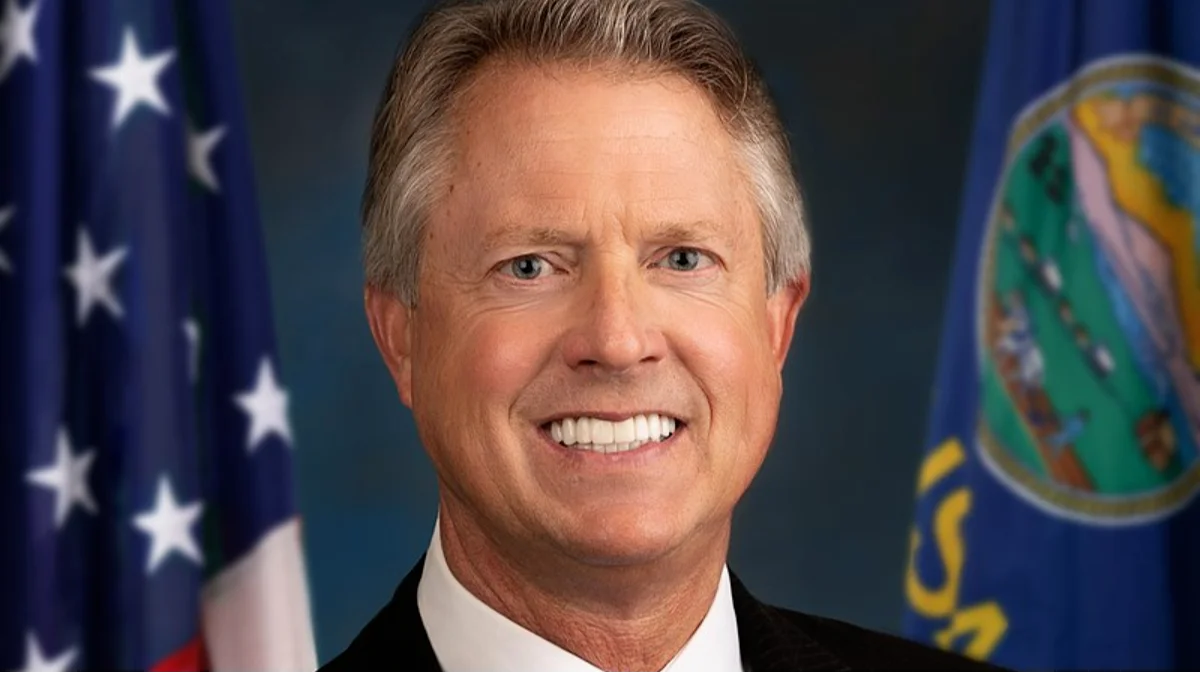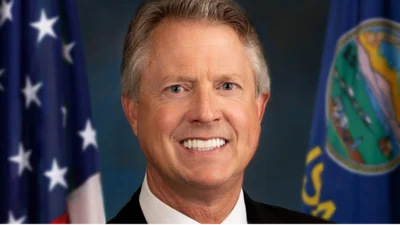Senator Roger Marshall, US Senator for Kansas | Official U.S. House headshot
Senator Roger Marshall, US Senator for Kansas | Official U.S. House headshot
U.S. Senators Roger Marshall (R-Kan.) and Raphael Warnock (D-Ga.) have introduced the Commissary Healthy Options and servicemember Wellness (CHOW) Act, a bipartisan proposal aimed at improving nutrition among military personnel. The measure would launch a pilot program providing monthly coupons for use at on-base grocery stores, encouraging service members to purchase healthier food options instead of ultra-processed or fast food.
Marshall, an Army veteran and physician, emphasized the importance of nutrition in military readiness. “Healthy troops are ready troops, and when we talk about military readiness, nutrition is way more important than vaccines and a whole lot of other things we focus on,” he told the New York Post.
The CHOW Act would initiate its pilot program at two military installations. Personnel could use the coupons for groceries and ready-to-eat meals, especially when base dining facilities are closed. While these cafeterias are designed to meet nutritional standards, some reports indicate that many service members find the available meals unappetizing. Limited hours of operation have led some troops living in barracks to seek out fast food alternatives or delivery services.
Marshall noted concerns about rising obesity rates in the armed forces: “As you look at the big picture of the military readiness right now, 20% of our troops are obese. 70% are overweight. One of the main reasons for separation from the military is obesity, and they can’t pass their PT [physical training] test.” He added that his visits to commissaries have shown him there are healthy choices available.
Under the CHOW Act’s guidelines, coupons cannot be used for alcohol or tobacco products. The Department of War would also be required to report on how this initiative affects access to healthy food among service members.
The senators hope to include this provision in the National Defense Authorization Act (NDAA), which sets annual spending levels for defense programs.
“This is a critical next step in addressing food access and quality for our military; if this program proves effective in boosting food security and improving our military readiness, Congress should move to expand this program nationwide,” Warnock said in a statement.
Marshall expressed that further efforts are needed beyond nutrition education: “Just as much as we come in and teach people how to shoot a rifle, I hope that we’re focused on coaching them up for healthy nutrition choices.”
He continued: “Of course, you know, I think that we need to pay a little bit more attention to the physical activity, not just that first year when you’re in the military, but continuing some type of physical activity for our troops so that they’re able to pass the physical test each year.”
Secretary of War Pete Hegseth has committed to addressing obesity within the ranks by promoting higher fitness standards. Earlier this year, Warnock highlighted concerns regarding food quality after reports surfaced about funds meant for soldiers’ meals being diverted elsewhere.
“For too long, servicemembers have lacked reliable access to quality, nutritious food options on base,” Warnock said regarding the CHOW Act. “This bipartisan legislation will launch a program to provide commissary credits to help soldiers put healthy, tasty, and quality meals on the table so they can stay focused on the hard work of keeping our country safe.”






 Alerts Sign-up
Alerts Sign-up